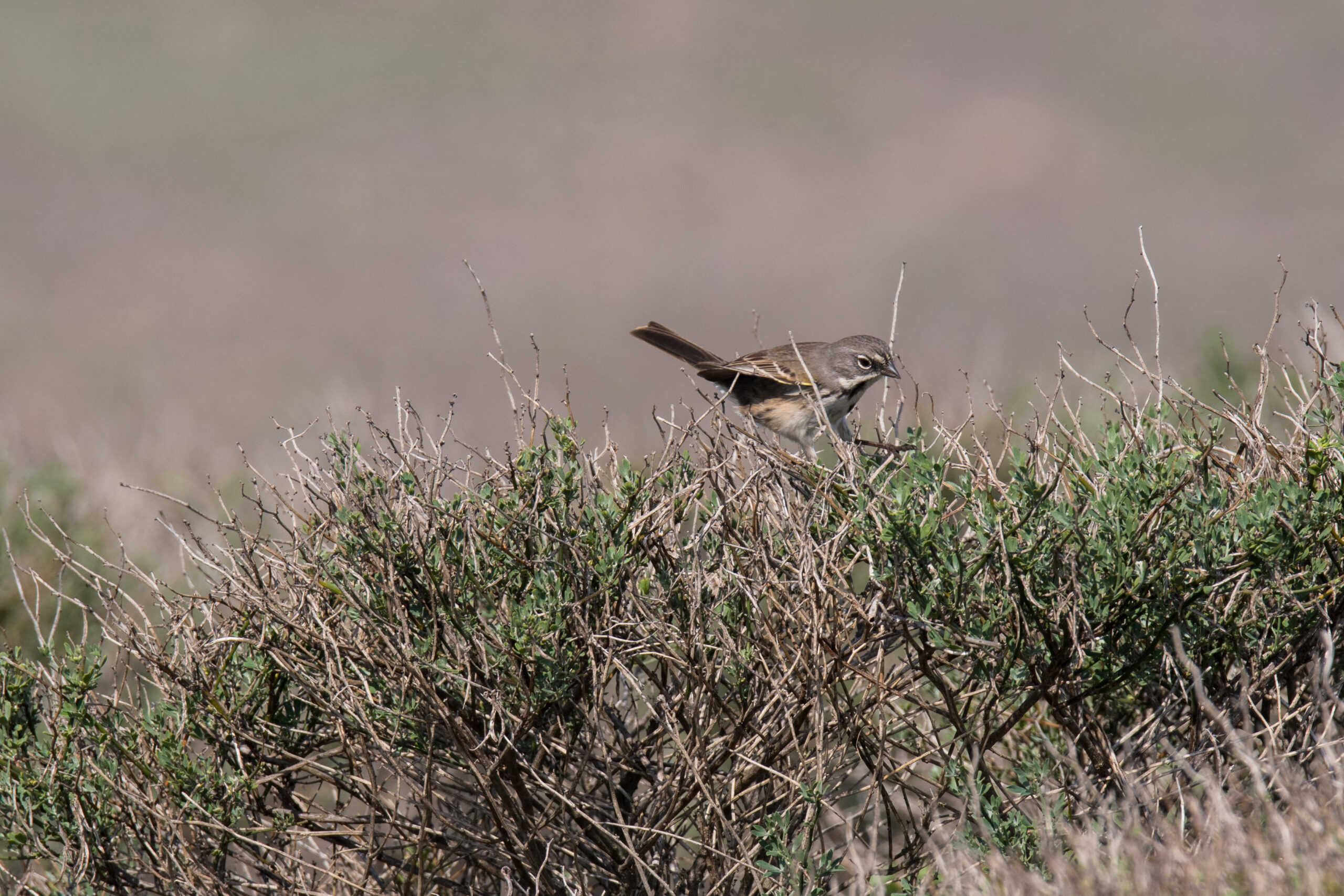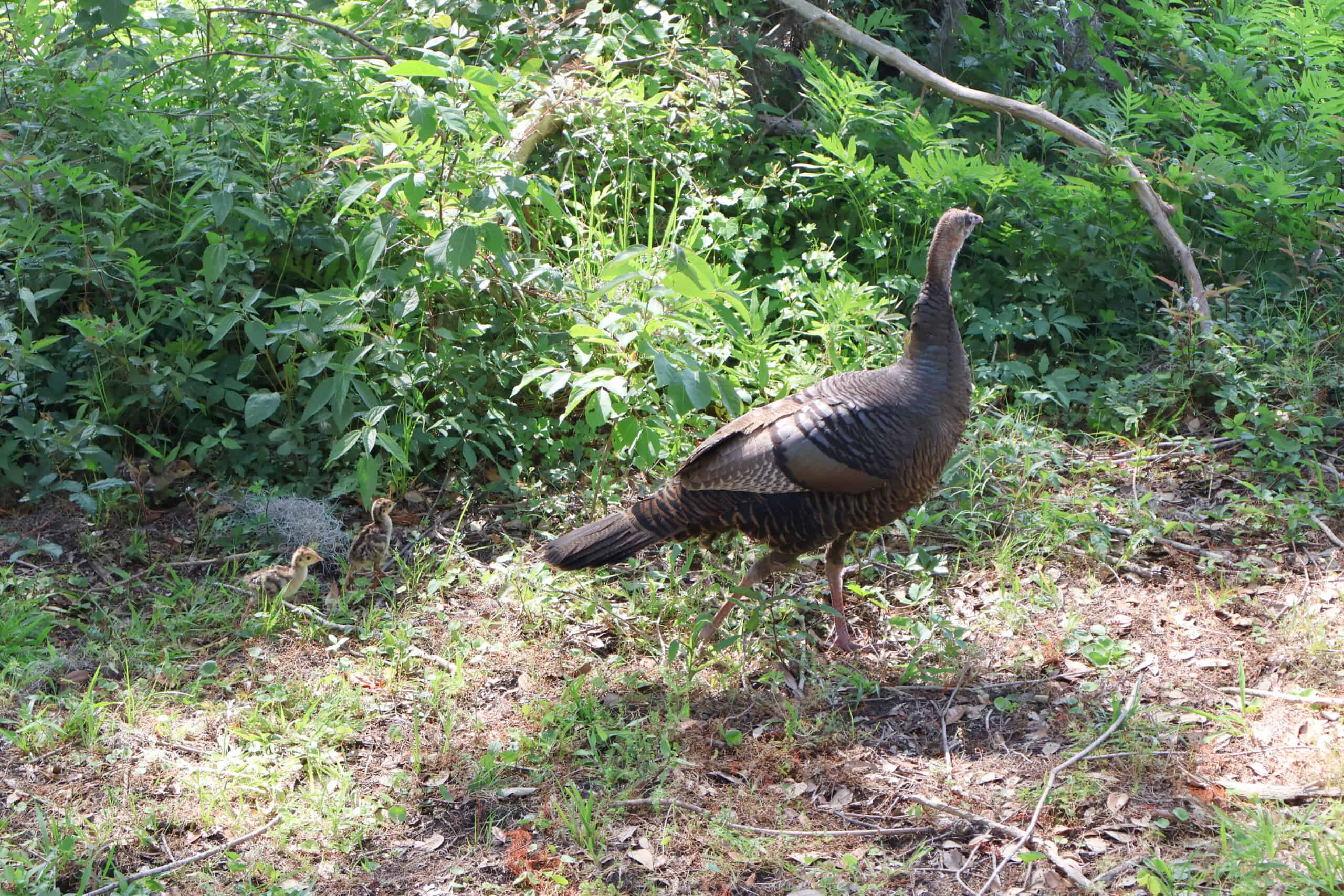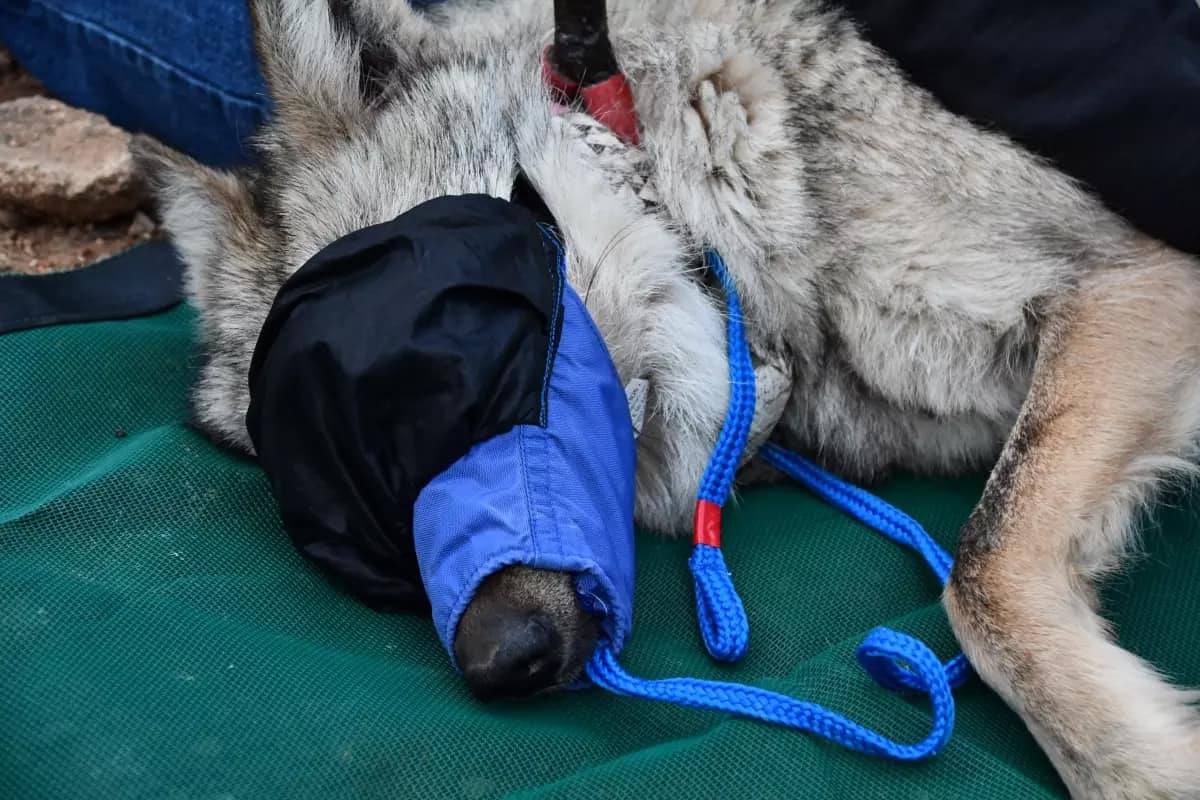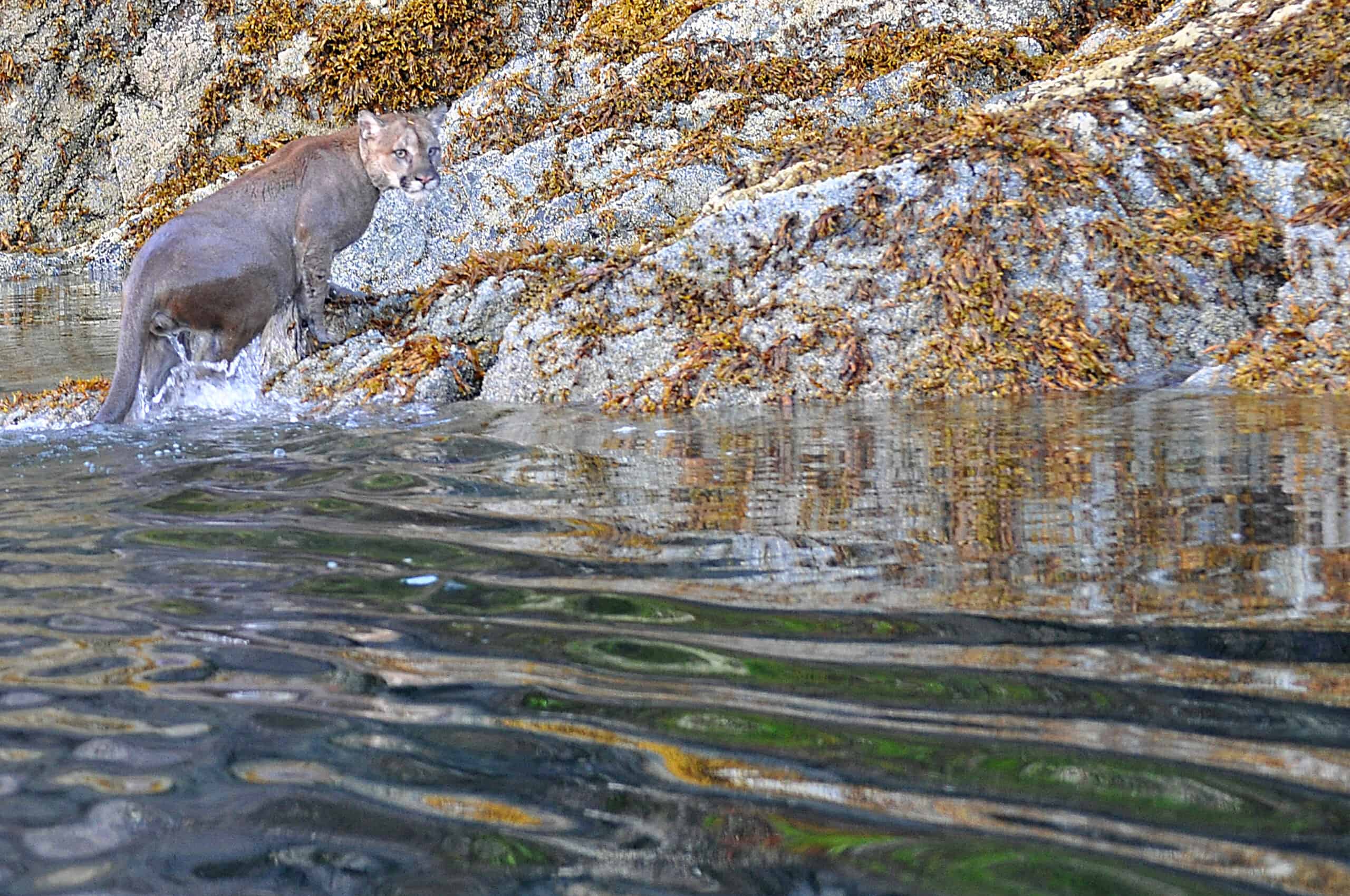
Pacific Northwest cougars can island hop
The discovery offers a new understanding of how cougar populations may be connected
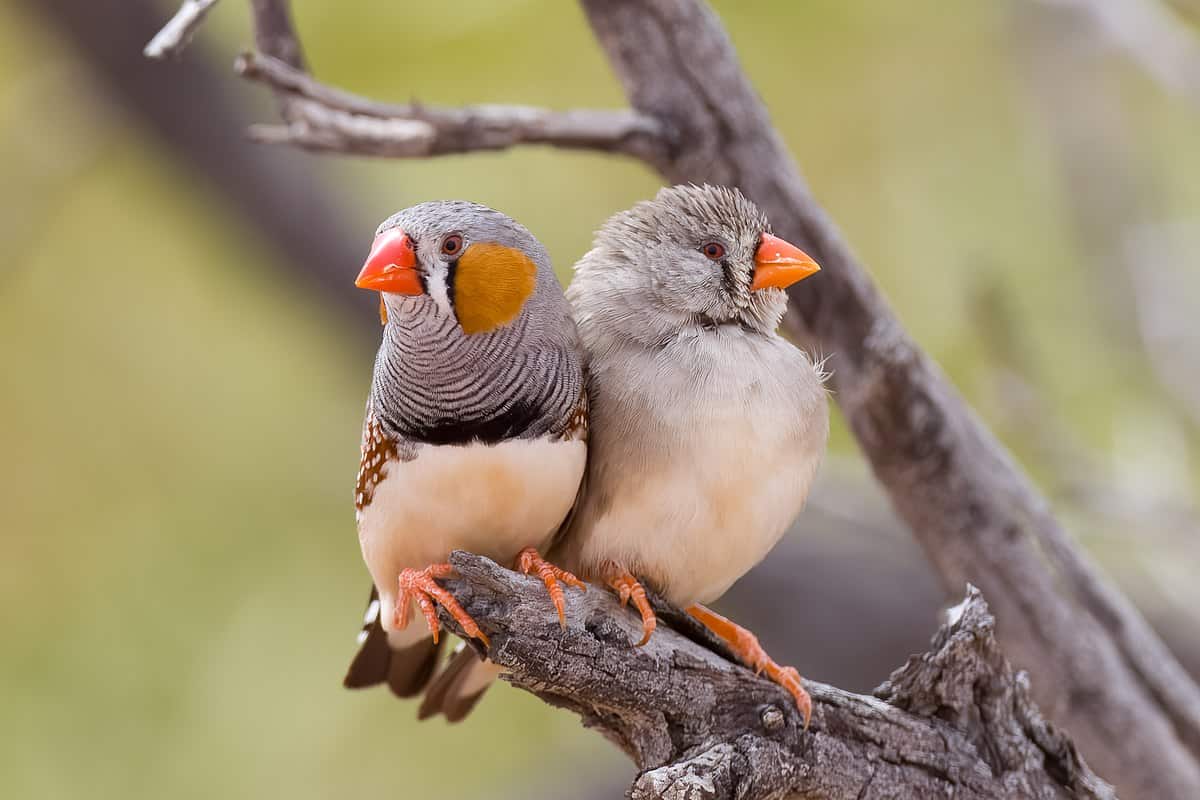
Sound pollution may affect bird beak brightness
Traffic noise in early life of hatchlings may be a developmental stressor
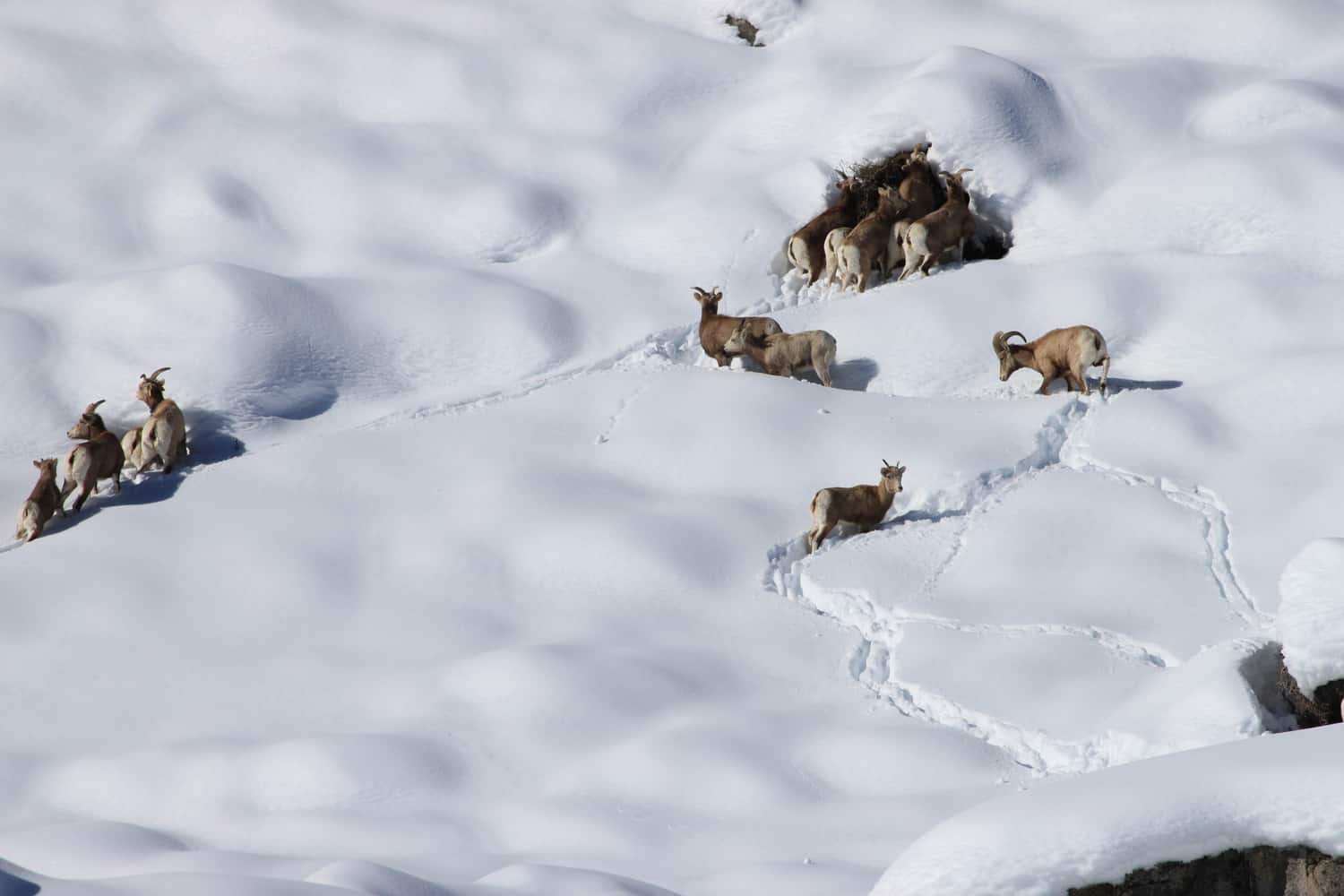
TWS2022: Backcountry skiing pushes out endangered bighorns
Bighorns avoid backcountry ski areas during the winter
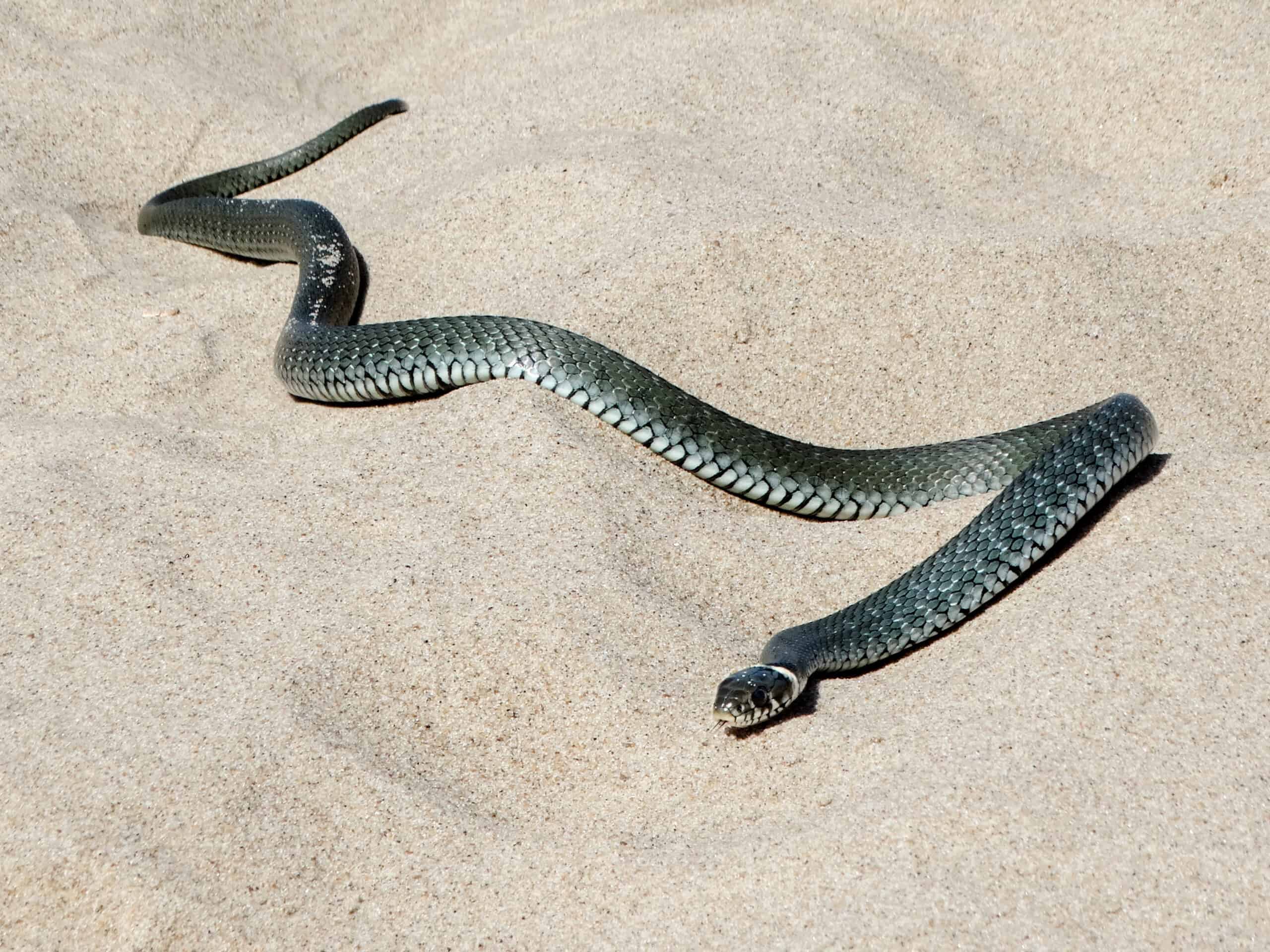
Snake sightings shore-ly surprising for beachgoers
Species like cottonmouths and Burmese pythons sometimes turn up on beaches

Highly pathogenic bird flu an ‘unprecedented’ threat to wildlife
Researchers call for changes in how we manage the virus
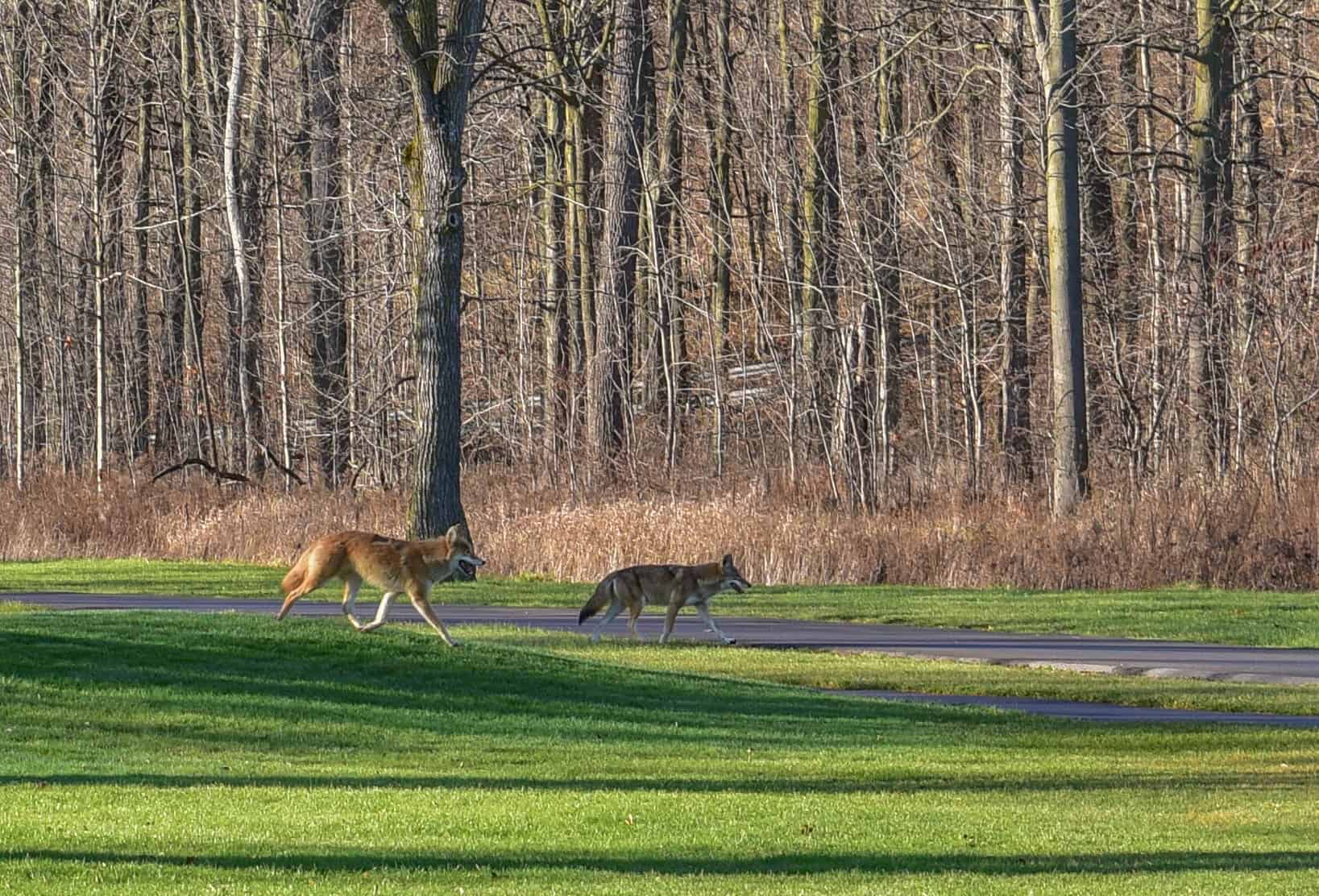
Coyotes that hunt moose may also go after humans
To understand why coyotes attack humans, researchers examined what the canids were eating

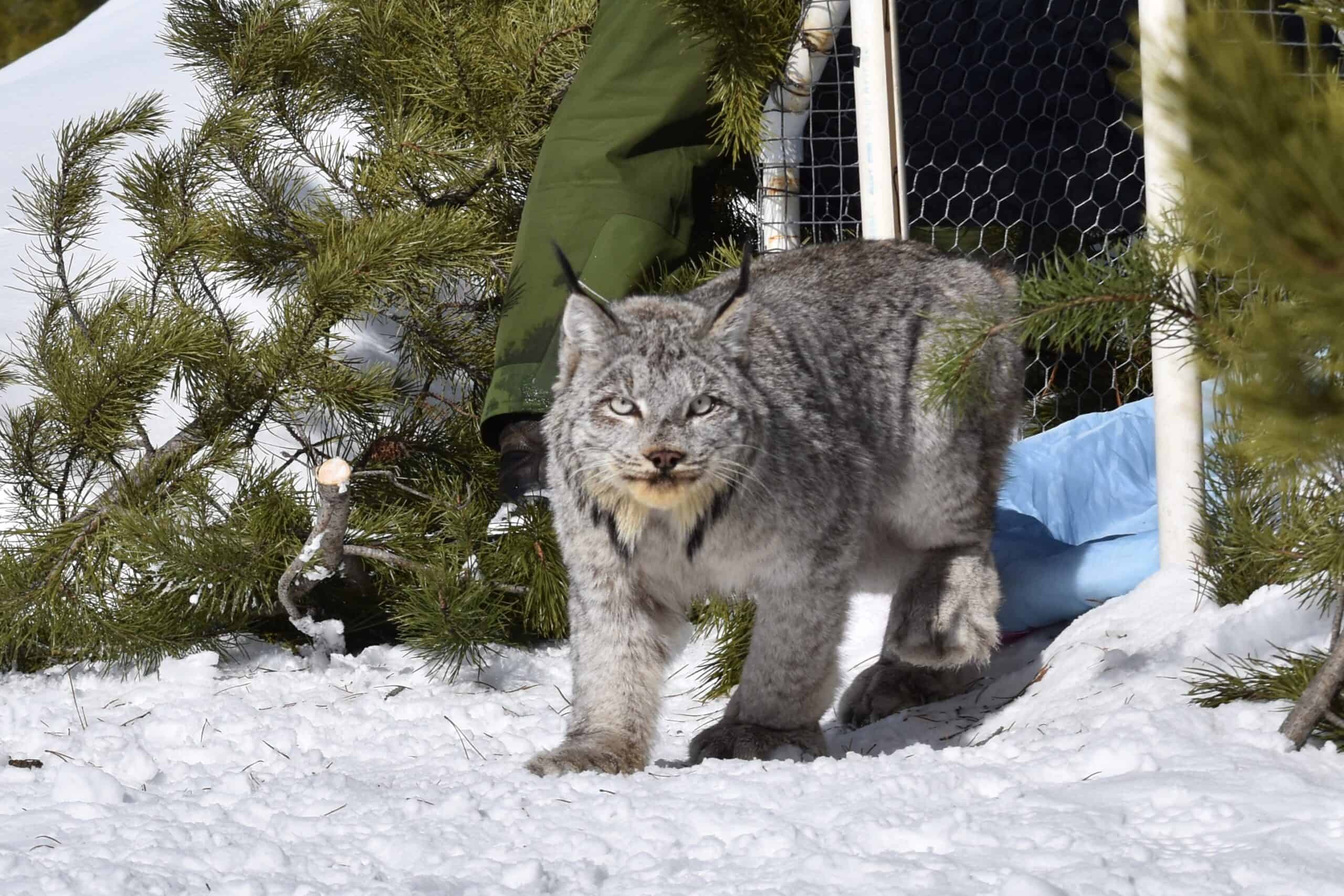
TWS2022: Canada lynx tolerate beetle kill forests
The felines follow their primary prey—snowshoe hares
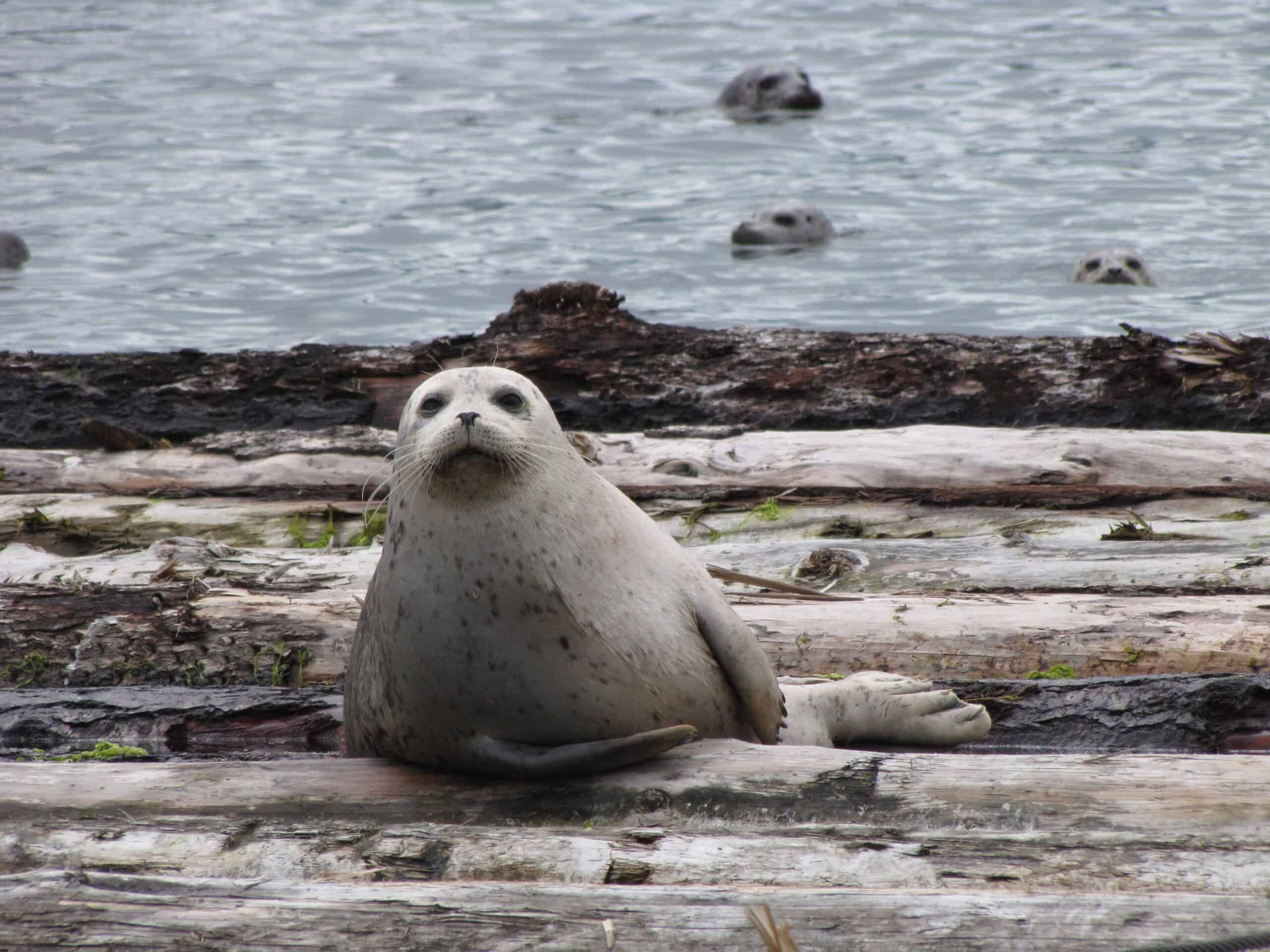
JWM: What’s the best way to manage harbor seals?
Researchers compared lethal and nonlethal methods to reduce pressure on salmon in Pacific Northwest
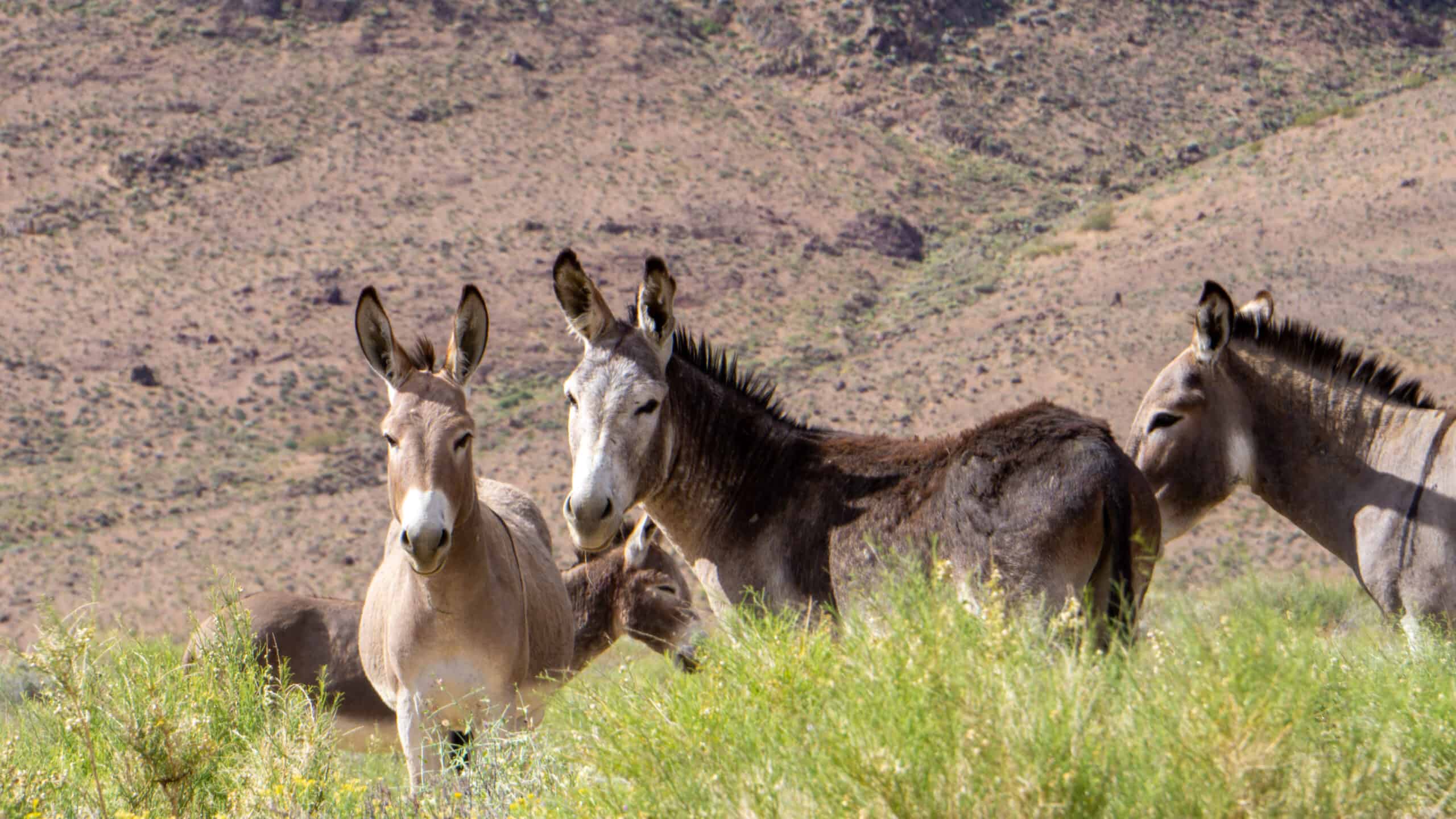
Do cougars affect ecosystems by preying on feral donkeys?
Donkey activity patterns may affect vegetation around desert wetlands




